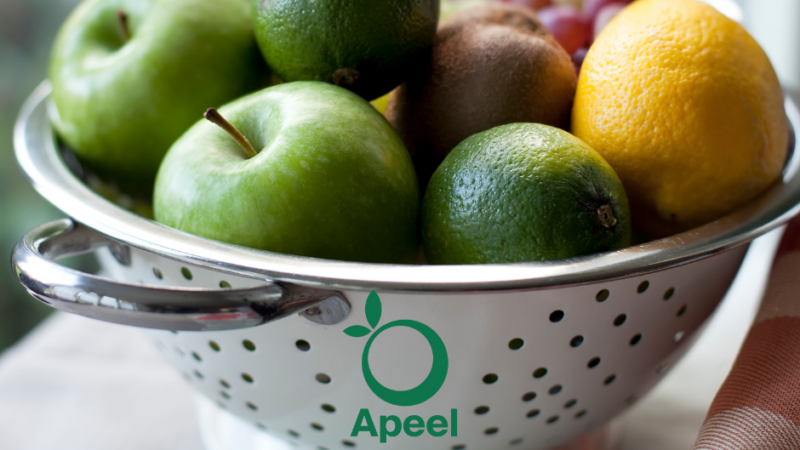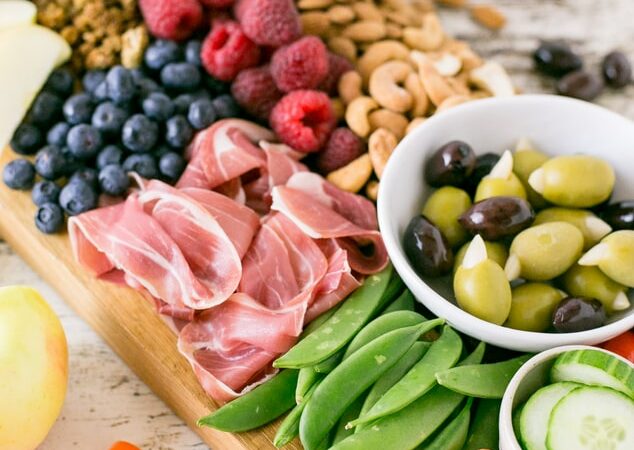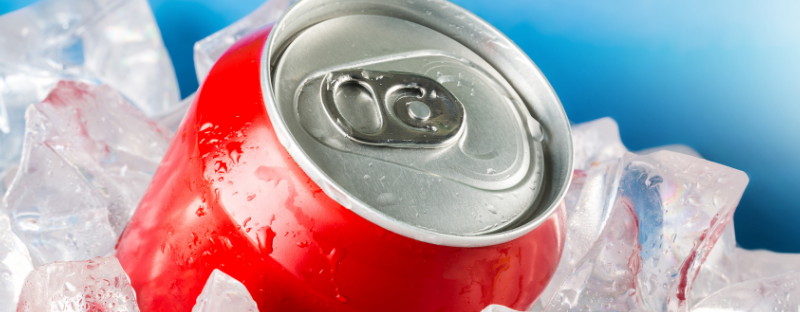Going Vegan To Save the Planet? Consider Going Organic.
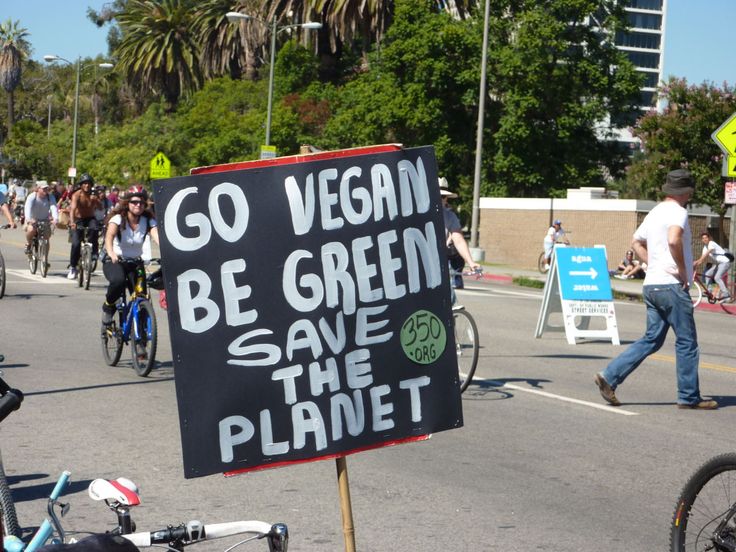
Organic farming isn’t just about producing more nutritious food from healthy soils, or about omitting the use of pesticides, fertilizers, genetically modified organisms, antibiotics or growth hormones. At its core, it is a system of agriculture that addresses a range of environmental and economic issues that go beyond the personal health. Organic farming looks to the future and considers what will be left for children and grandchildren. According to Dr Natasha McBride Veganism/vegetarianism simply for the sake of ‘saving the planet’ or ‘saving the animals’ actually plays into the hands of those who practice unsustainable farming that poisons our lands, water, and food.
If you take two people and ask them both to grow carrots for example but one person you ask to grow carrots for the best quality, another for the highest profit they will go about doing this task of growing carrots in two very different ways.
Industrial agriculture is all about producing food in large amounts but the quality of it is questionable. Its all about producing yield, the largest amounts of food at the smallest cost. As the result, you get a certain quality.
Traditional agriculture, people are focused on the health and happiness of the animals and the birds they look after. And the quality and the happiness of the soil that they work with. Traditional practices that they use the quality of food that they produce is very very different.
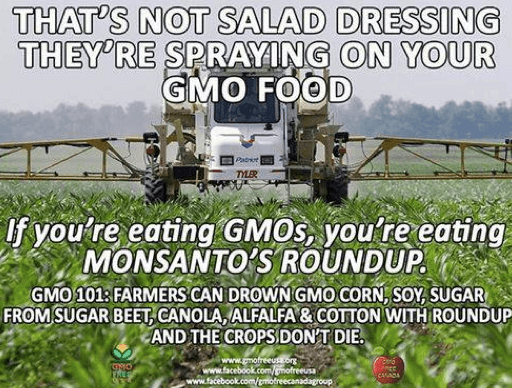
Problem is, many people don’t think about the future. They think I’m alright now, this will last for a few years. What about our children and our grandchild? What are we leaving for them?
They will have to deal with the results of our activity what we are doing today.
People need to start waking up – and what we are doing to our land. We have to produce food because we have to eat. There is way of producing plenty of food without destroying nature, Without destroying soil, without being cruel to animals, to birds and to the other creatures on this planet, without poisons our waterways, without causing global warming. The most important cause of global warming and climate change is arable industrial agriculture. The biggest reservoir of stable carbon in the environment is topsoil.
Carbon Dioxide Topsoil and Global Warming?
Carbon dioxide is the principal, heat-trapping gas causing the greenhouse effect and our global warming. Consequently, the world-wide carbon cycle is of vital and basic importance. “World soils, an important and active pool of organic carbon, play a major role in the global carbon cycle.” In fact, the carbon content of soil is “about twice that of the atmospheric pool and about three times that of the biotic pool.” Thus, the increasing atmospheric carbon, the greenhouse effect, and all our global warming problems have been and are much affected by even small changes in world-wide soil carbon content.
Professor R. Lal, School of Natural Resources, The Ohio State University points out that conventional agriculture degrades the soil by leaving it bare, breaking up its tiny humus-containing aggregates, and failing to return plant residues. Of course, both the humus and the plant residues are wonderful sources of organic carbon. Consequently, the rise of conventional agriculture has contributed to the atmospheric increase in carbon dioxide, methane, and nitrogen oxide compounds – the greenhouse gases.
Conservation tillage uses the crop residues and keeps the soil covered most, if not all of the time – all the way from planting through and beyond harvest. This practice by intelligent and forward-looking farmers is increasing. Often it involves using cover crops and crop rotations. Along with keeping the crop residues, these farmers retain and sometimes increase the biomass of their soil, which is essential for its health, productivity, and for retaining its organic carbon content. Thus, devastating soil erosion – common in conventional agriculture – from water and/or from wind is avoided.
Restoration of degraded soils is an important option for carbon sequestration and mitigating the greenhouse effect. It is a win-win situation. While improving productivity through enhancing soil quality, restoration of degraded soils can also sequester carbon and minimize risks of the greenhouse effect. The data . . . show that goals of increasing soil organic carbon content . . . by residue management, conservation tillage, and restoration of degraded soils can effectively mitigate the current rate of increase of atmospheric CO2 [carbon dioxide] concentration.
In other words, balance and thus take care of all other human greenhouse gas emissions worldwide.
Going Vegan to Save the Planet – Then Consider Going Organic
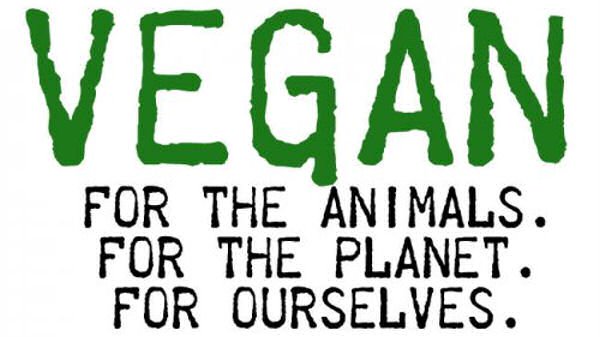
Growing food organically is HARD WORK! It is labor intensive and the yield is unpredictable. On the other hand, growing food conventionally has all been worked out. Spray these chemicals on day one, day six, here’s a machine for this and here’s a machine for that. Its all been worked out to produce looks of good looking produce on the outside. It’s all chemicals, chemicals, chemicals, machines, machines, machines, it’s profitable. The quantity is great the quality, is not.
On the other hand, raising meat, milk, eggs organically is EASY compared to conventional farming. Pasture-raised the animals are in their natural environment, feeding themselves, absorbing nutrients from the wild forage and the sunlight. Raising farm animals conventionally is HARD WORK. It’s unnatural. Animals are contained in building, not allowed in nature. It’s costly, the feed, the drugs to keep the animals well. Their lives are miserable and what they produce is poor quality. They are sick animals and produce sick milk, and sick eggs and sick meat.
So reducing the number of people who consume the more difficult more costly conventional meat is to the benefit of the industrial agricultural complex.
As far as the industrial agriculture is concerned, they would LOVE everyone on this planet to become a vegetarian/vegan to stop eating meat, milk and eggs and to just eat their ‘chemically laden’ plants. Because if that happens, the majority of the people on the planet their profits will go through the roof and they will grow and grow and grow. It is in their best commercial interest. When you become a vegan activist you are feeding into the coffers of the industrial agri-chemical complex. You are doing EXACTLY what they want you to do.
It is not possible to feed one vegetarian for one year out of an organic garden. I am telling you that as an organic farmer. The vast majority of vegetarians do not have organic gardens. Vegetarians/vegans get their vegetables from the supermarket – brought to you buy the agriculture complex. Sprayed with chemicals and nanoparticles to keep the foods that kill the food to keep them from spoiling or sprouting.
It’s very important for people who change their diet to plant-based diet in order to save the planet and save the animals to take a hard look at this subject and to do some research. Saving the planet will take more than changing diet – it will require a change in the way we grow our food plant or animal.
What do you think? Is organic veganism possible?
Writings of Professor R. Lal, School of Natural Resources, The Ohio State University, Columbus, Ohio, USA.* http://americannutritionassociation.org/newsletter/global-warming-agriculture

